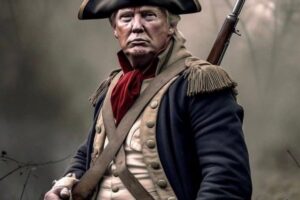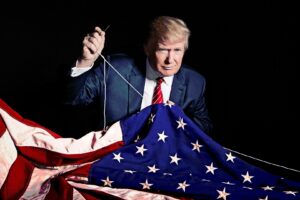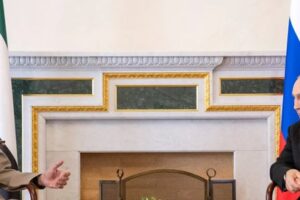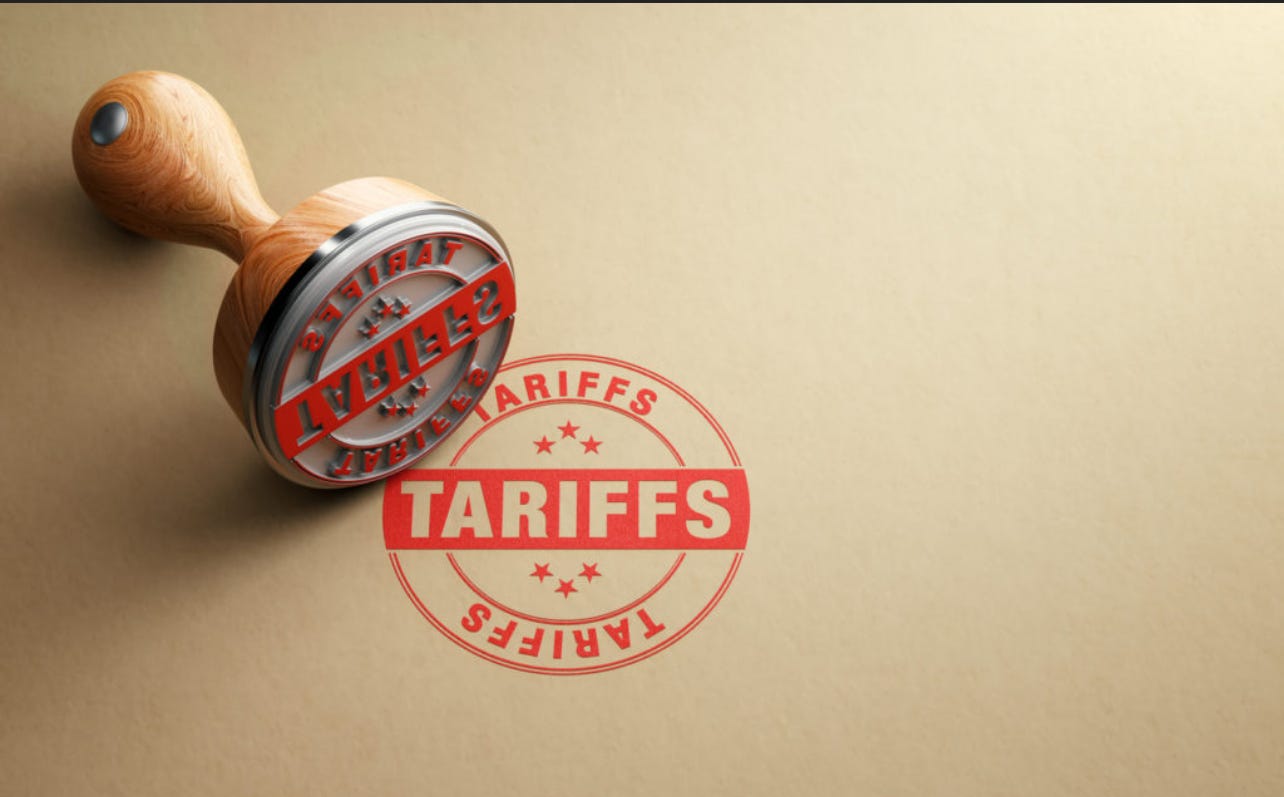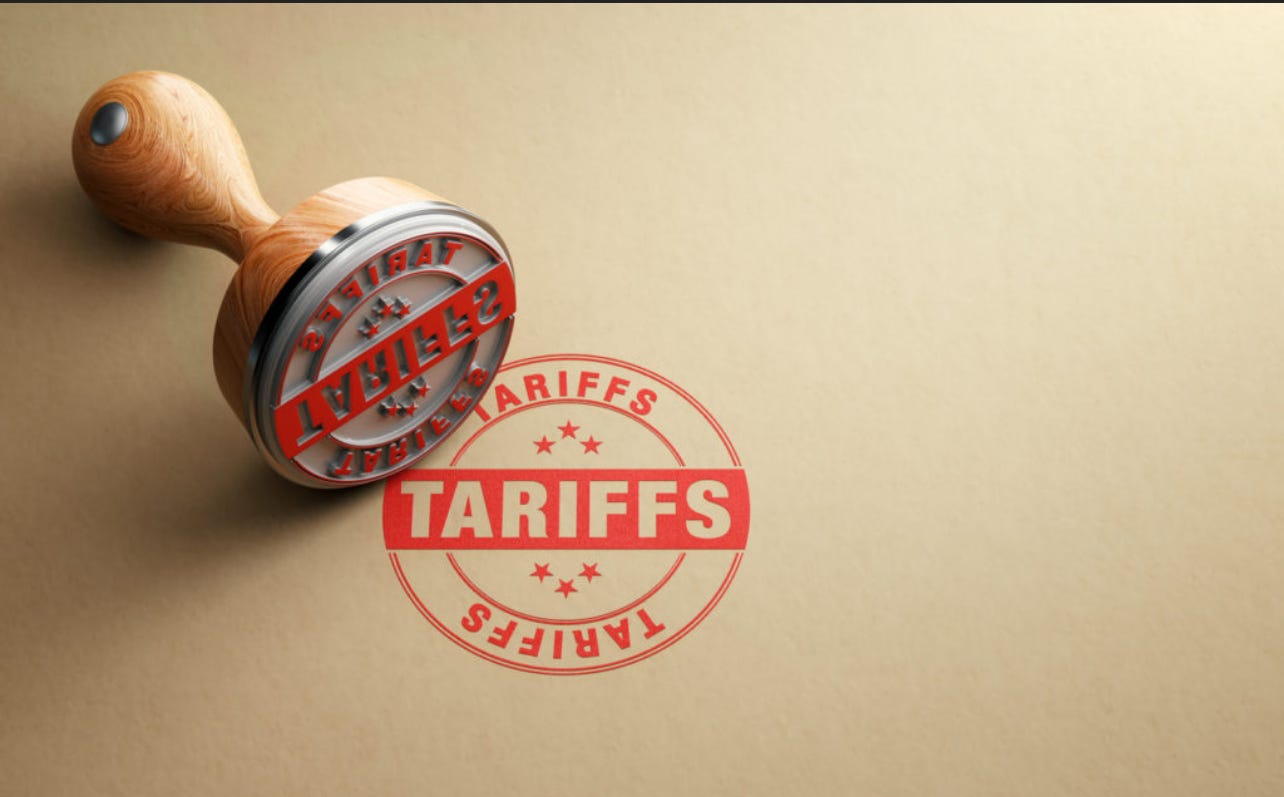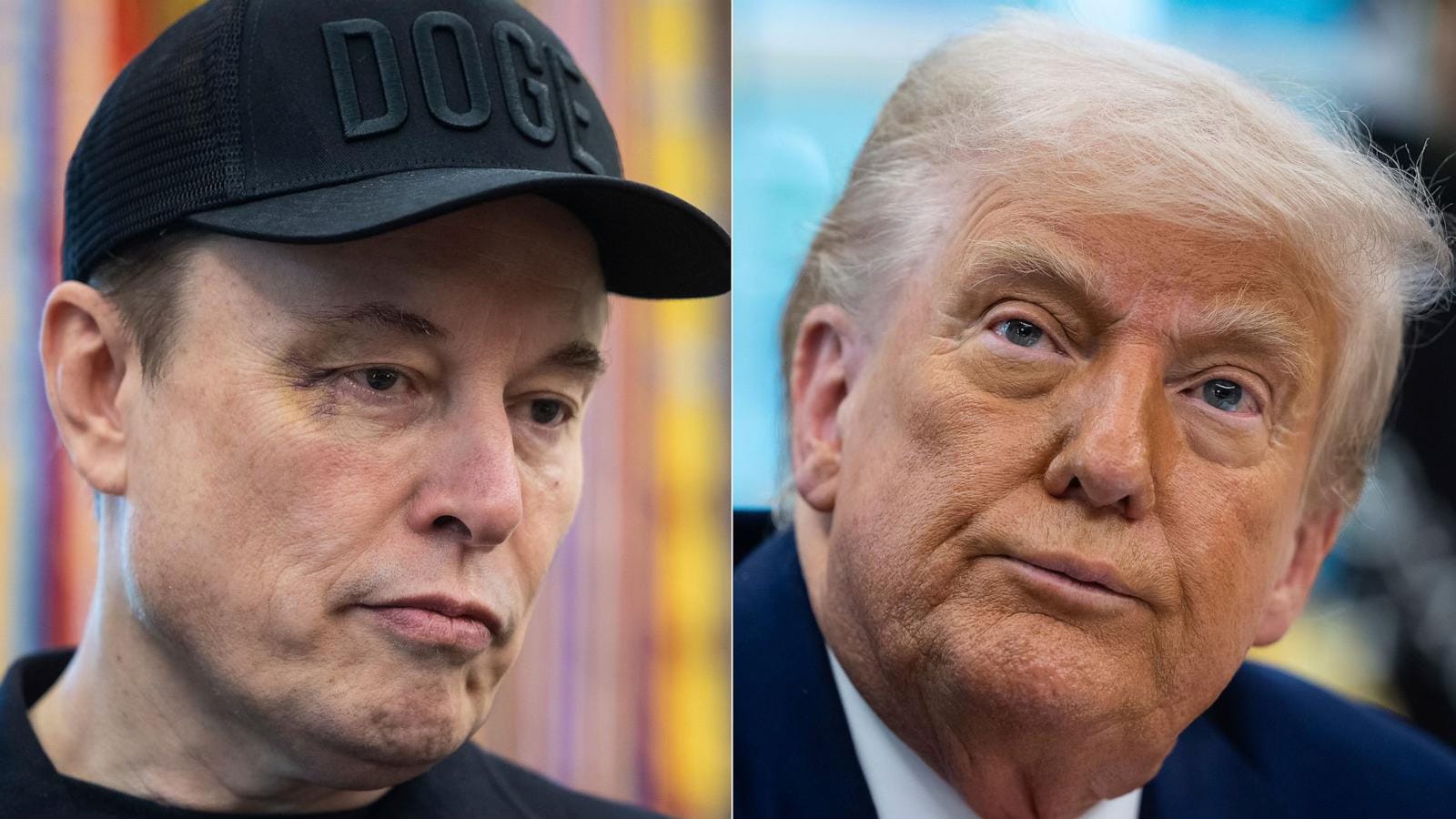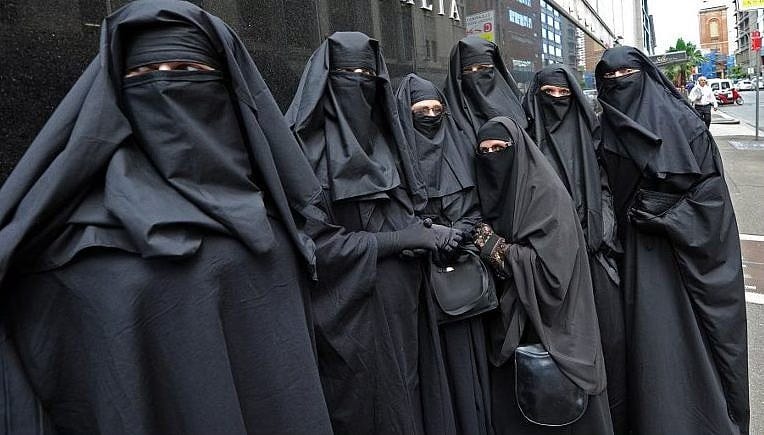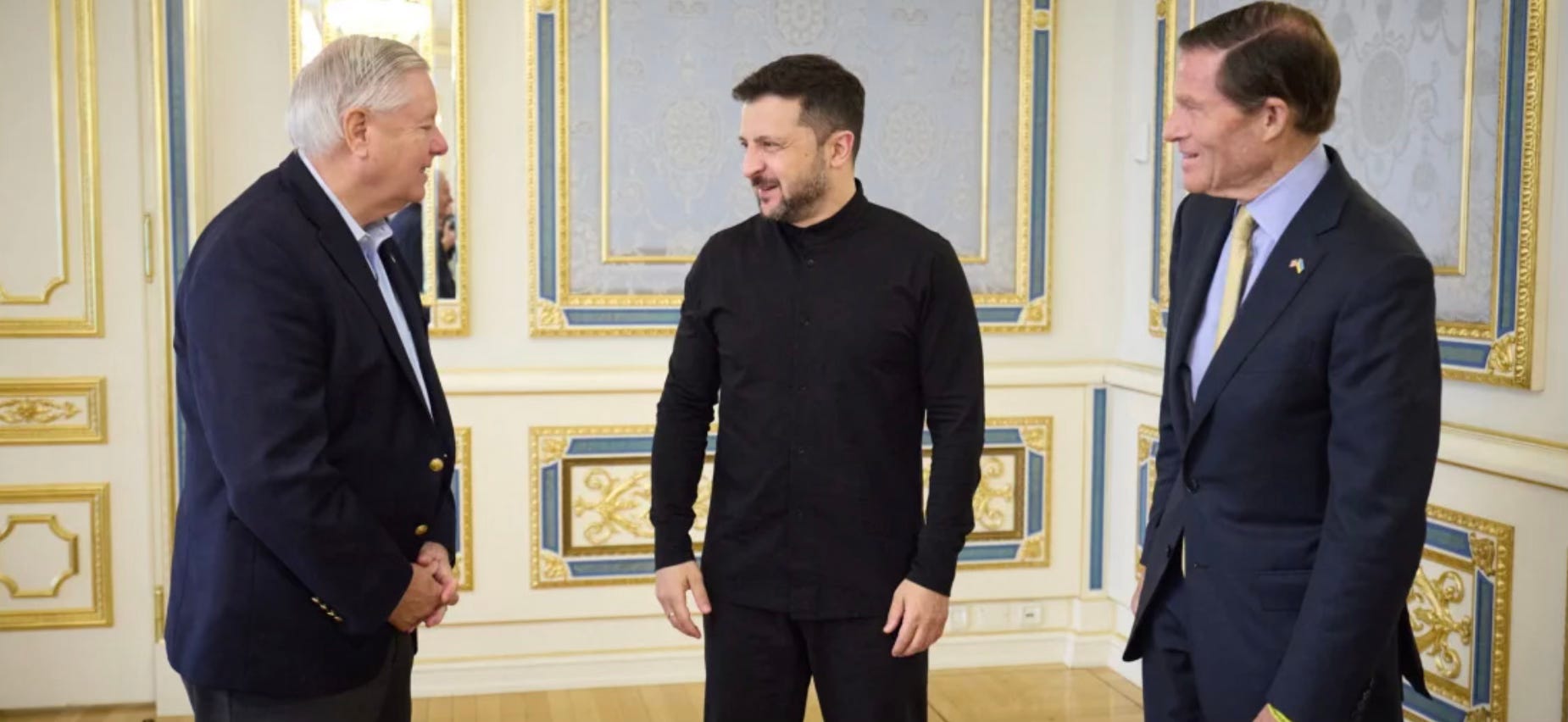David Vance SubstackRead More
It is now being reported that the United Kingdom appears unlikely to escape the sweeping tariffs to be imposed by U.S. President Donald Trump. Trump’s tariffs, including a 25% levy on car imports and steep duties on steel and aluminium, will signal a broad strategy to reshape global trade in favour of the American First interests.
Despite misplaced hopes in Westminster for a special exemption—rooted in the so-called “special relationship”—the UK’s economic and geopolitical position makes it a prime target, with significant consequences looming for its economy.
The UK’s vulnerability stems from its reliance on the U.S. as a major export market. In 2023, goods exports to the U.S. totalled £60 billion, with cars (£6.4 billion) and pharmaceuticals (£8.8 billion) leading the charge. Trump’s 25% auto tariff alone threatens Jaguar Land Rover, Aston Martin, and Rolls-Royce, which depend heavily on American consumers. Analysts estimate this could slash UK car exports by around 20%, costing billions and jeopardising jobs in an already strained manufacturing sector.
Steel and aluminium tariffs, now at 25%, hit £470 million in raw exports and £2.2 billion in related products,
Trump’s justification—targeting trade surpluses and perceived unfair practices—puts the UK in the crosshairs. The UK’s £71 billion trade *surplus* with the U.S. (as per 2023 ONS data) contrasts with U.S. figures showing a deficit, and Trump’s team seems rightly inclined to use British VAT rates (20%) as a justification for “reciprocal” tariffs.
Negotiations for a UK-U.S. trade deal have faltered which should surprise no one who has been paying attention,
Economically, the fallout could be severe. The National Institute of Economic and Social Research warns of a 0.7% GDP drop in 2025, with the Office for Budget Responsibility suggesting a 1% hit if tariffs broaden. Inflation could rise as import costs spike, squeezing Chancellor Rachel Reeves’ £9.9 billion fiscal headroom. Global trade disruptions—exacerbated by tariffs on Canada, Mexico, and China—may flood the UK with cheap diverted goods, undercutting domestic producers. With borrowing costs tied to U.S. bond yields potentially rising, the UK faces a perfect storm of slower growth, higher prices, and reduced competitiveness.
Last week saw UK Chancellor Rachel Reeves present her Spring financial statement but these tariffs will blow away much of what she was forecasting. Last year I forecast that the UK economy will fall into recession by the end of June and I see no reason to change that!
As a final thought I’ve seen it suggested that Trump will link any deal on trade to the UK protecting free speech. This constitutes an existential crisis for Starmer who has every intention of crushing free speech.
****If you enjoy all the content that I put out here every day, can I ask you to consider to becoming a PAID subscriber, it’s only £5 a month, you can cancel if you don’t enjoy it but I know you will. I want to thank the kind people who already do this, without your help this becomes impossible. Thank you in anticipation***






